Your IP : 103.154.16.14 · ISP : Nalta Vision · Your Status : Unprotected
A Virtual Private Network (VPN) is a powerful tool that enhances your online security, privacy, and freedom. Using a VPN like EnterVPN allows you to:
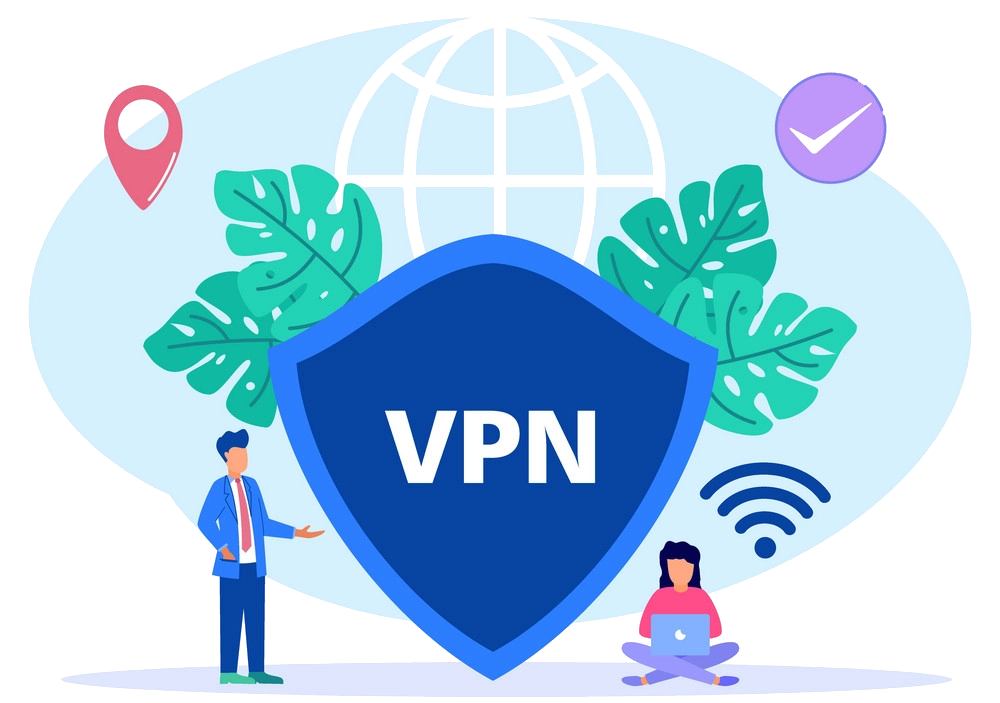
A Virtual Private Network (VPN) protects your online privacy by encrypting your data.
Without a VPN, your personal information is at risk of being stolen and sold.
Watch movies and TV shows without anyone, including your ISP, knowing what you’re watching.
Access uncensored websites globally by setting your virtual location to any of our servers in 16 countries.
Secure your connection on public WiFi and while traveling. EnterVPN keeps your data and credit card information safe.
Bypass throttling and prevent DDoS attacks for a faster, smoother gaming experience.
VPNs encrypt your data, sending it through a secure tunnel. This makes your online activity unreadable to ISPs, network admins, and hackers until it reaches its destination.
VPN tunneling creates a secure, encrypted connection between your device and the internet. This masks your IP address and ensures your data remains private and secure.
A no-logs policy means the VPN doesn't track or store your online activity, ensuring your privacy and preventing data sales to third parties.
A VPN creates a secure connection between your device and the internet, providing multiple layers of protection and privacy benefits:
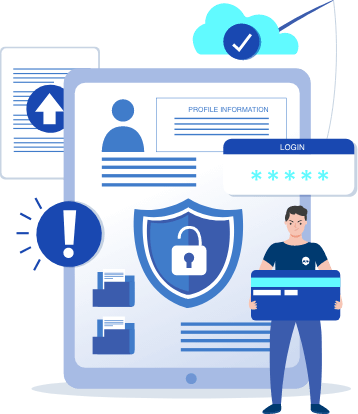
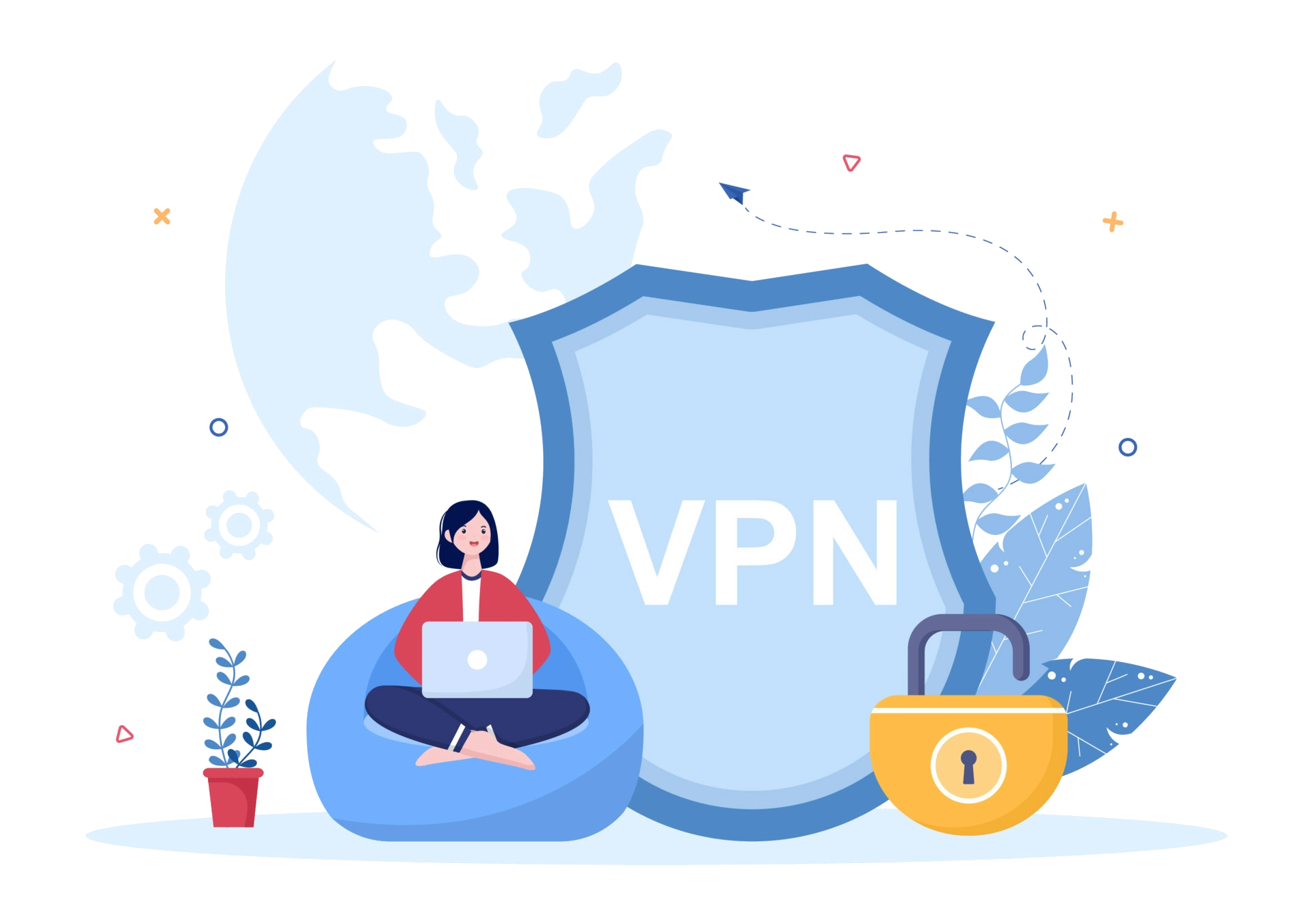
Designed for individual use, a personal VPN secures your data and hides your IP address. Stream, game, shop, and browse privately, bypassing censorship and accessing blocked sites globally.
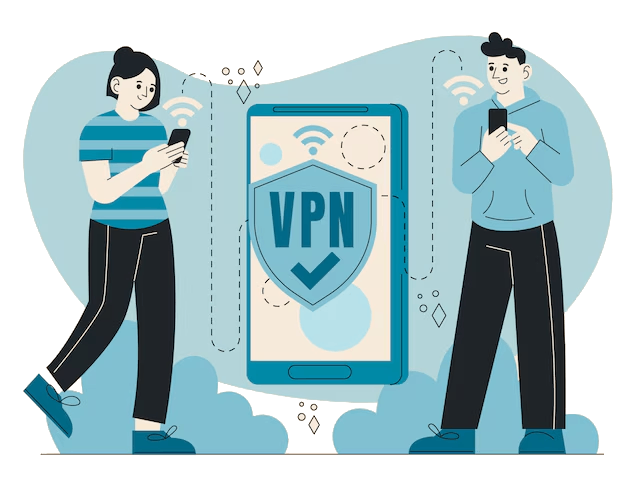
Ideal for businesses, a site-to-site VPN connects multiple networks into a secure WAN. It enables encrypted communication between office locations, ensuring data privacy and protection.
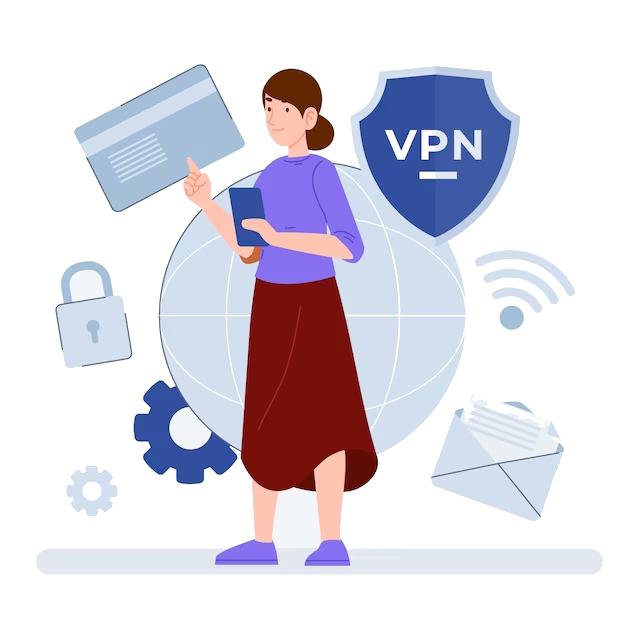
Perfect for remote workers, a remote access VPN securely connects users to company networks. It requires a VPN client to ensure safe access to essential resources from anywhere.
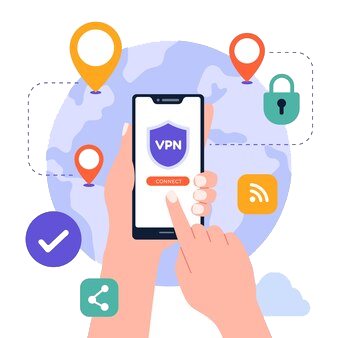
Tailored for businesses, a corporate VPN provides secure connections for all employees. It protects company data, manages resource access, and ensures compliance with regulatory standards.
Download the EnterVPN app, create a free account, and connect to a server. Enjoy secure browsing in minutes.
A VPN enhances your online privacy by encrypting your data and hiding your IP address. With increasing risks from hackers, data brokers, and surveillance, a VPN is essential to keep your personal information safe and secure.
The best VPN protocol varies based on your needs. OpenVPN offers robust security, while IKEv2 provides faster speeds for activities like gaming. Experiment with different protocols to find the one that best suits your requirements.
A VPN significantly increases your online anonymity by masking your IP address and encrypting your traffic. While complete anonymity is not achievable, a no-log VPN like ours makes it extremely difficult for anyone to track your online activities.
You can use a VPN on any internet-connected device, including phones, tablets, computers, and smart TVs. It’s crucial to protect all your devices, especially IoT items like smart speakers and security cameras, by routing their traffic through a VPN.
A VPN may slightly reduce your internet speed because it routes your traffic through an encrypted server. However, it can also prevent ISPs from throttling your connection, potentially resulting in faster speeds for activities like streaming and downloading.
VPN usage is legal in most countries. However, some countries have restrictions or bans on VPNs. Always check the local regulations in your location to ensure you comply with the law when using a VPN.
Yes, a VPN secures your DNS requests by encrypting them and routing them through its own servers. This prevents ISPs and other entities from monitoring your web activities, ensuring your browsing remains private and secure.